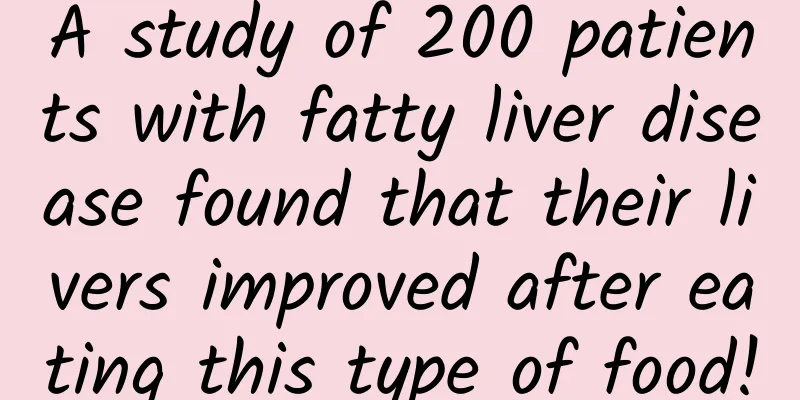How to supplement iodine deficiency during pregnancy

|
Iodine is a trace element necessary for the human body. Iodine deficiency can lead to various diseases. For special groups such as pregnant women, if they are deficient in iodine, they must supplement it in time. The iodized salt we usually eat contains a lot of iodine, but relying solely on this is completely insufficient. Pregnant women can eat some kelp and iodine-containing nutrients, which will supplement a large amount of iodine and prevent the occurrence of thyroid diseases. There are three main ways for pregnant women to supplement iodine: eating iodized salt, iodine preparations, and dietary iodine supplementation. Each method has its own advantages and disadvantages, and expectant mothers can choose according to their personal circumstances. 1. Iodized salt Adding iodine to table salt has been a mandatory practice in my country since 1996. This measure can effectively prevent iodine deficiency. According to the amount of iodized salt in my country, in order to meet the daily iodine requirement of 150 micrograms for adults, 6-8 grams of salt should be consumed. However, compared with the non-pregnant period, pregnant women need to increase their iodine intake by 33%, which means that pregnant women have to eat half a spoonful of salt more to meet their iodine needs. However, eating more iodized salt will increase the sodium intake of pregnant women and may increase the possibility of gestational hypertension. Therefore, not only is high sodium not advisable during pregnancy, but on the contrary, salt intake should be appropriately reduced, especially in the later stages of pregnancy. Obviously, it is not enough for pregnant mothers to rely solely on iodized salt. 2. Multidimensional element tablets Pregnant women can choose a multidimensional element preparation suitable for pregnancy to supplement vitamins, minerals and trace elements. Since the safe intake range of iodine is relatively narrow, in order to avoid excessive iodine supplementation, not all pregnancy formula preparations contain iodine. Pregnant mothers must carefully read the nutrient composition when choosing. 3. Dietary iodine supplementation Seaweed foods such as kelp, nori, wakame, etc. are high in iodine. Pregnant mothers can effectively supplement iodine by eating 50 grams per week, but it is not advisable to consume them frequently and in large quantities. The following foods rank high in iodine content among their peers and are a good choice for pregnant mothers to supplement iodine: clams, scallops, dried shrimps, dried shrimps, dried tofu, pistachios, quail eggs, turkey legs, beef tendons, milk, spinach, bok choy, green peppers, pine nuts, pumpkin seeds, and walnuts. |
<<: What should I pay attention to during medical abortion?
>>: What medicine should women take for anemia
Recommend
Pictures of pregnant women seeing blood soon
When pregnancy reaches the later stages, pregnant...
How many minutes should I use to steam egg custard in the microwave? How to wash the bowl for steaming egg custard
Almost every day, mothers will steam an egg custa...
Is scanty menstruation anemia?
Anemia is caused by a lack of iron in the body. A...
Is it useful to take Wuji Baifeng Pills for irregular menstruation?
When a girl has her first menstruation, she has g...
Best recipes for menstruation
Women must pay special attention to their diet du...
What to do if a woman has back pain due to excessive sex
Appropriate sexual life should be based on not fe...
Beauty Guide for Modern Office Ladies
Modern white-collar women have higher and higher ...
Causes of vaginal bleeding after sex
Sex life is of concern to every couple, and the h...
Bleeding again after miscarriage
Miscarriage is a fetal development problem that o...
What causes headaches before menstruation?
Cancer is something that everyone is very worried...
Is moderate uterine prolapse serious?
Uterine prolapse can be divided into mild, mild-t...
Does the cervix open faster with the second pregnancy?
Women tend to be more relaxed after becoming preg...
Can I eat phoenix eye fruit during menstruation?
Everyone will have menstruation, which is a very ...
What is the meaning of putting on weight in the beginning of autumn? Should we put on weight in the beginning of autumn?
Liqiu means the arrival of autumn. It is one of t...
How to distinguish between "otolithiasis" and "cervical vertigo"? You need to know at least these 4 points!
There are many similarities in the clinical sympt...









